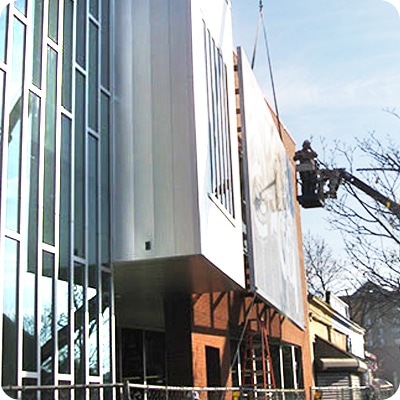
About Us
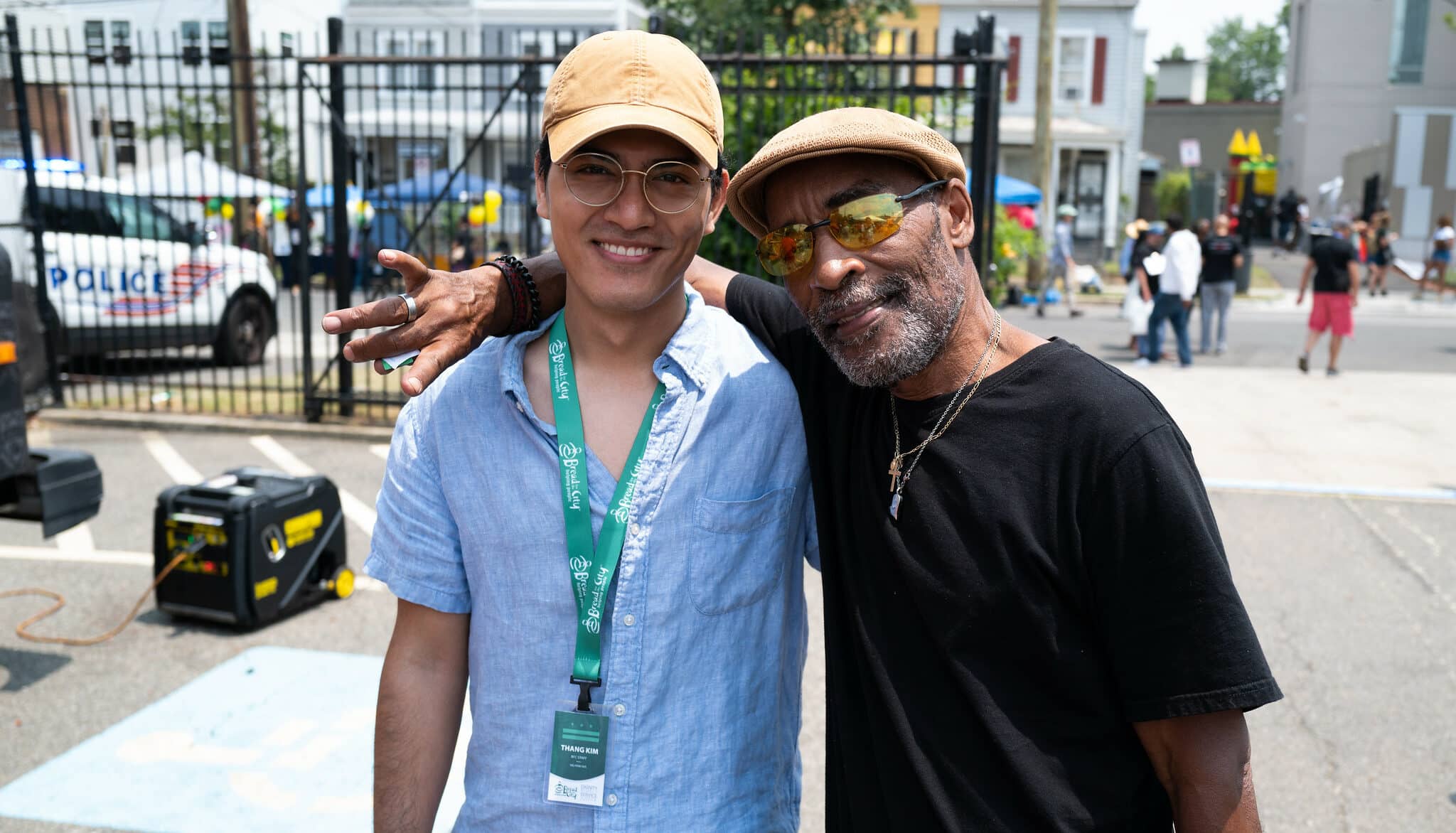
Our Mission
The mission of Bread for the City is to help Washington, DC residents living with low income to develop their power to determine the future of their own communities. We provide food, clothing, medical care, and legal and social services to reduce the burden of poverty. We seek justice through community organizing and public advocacy. We work to uproot racism, a major cause of poverty. We are committed to treating our clients with the dignity and respect that all people deserve.
Find out what makes Bread for the City so special…
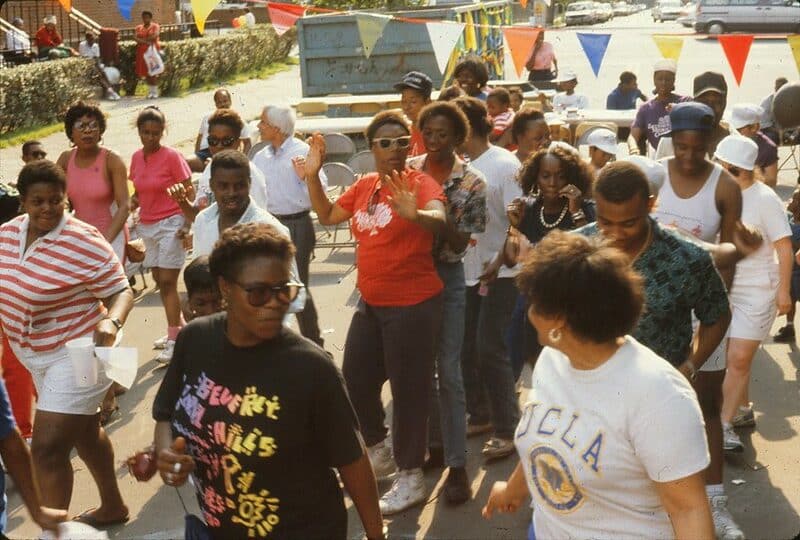
Our History
Started in 1974, Bread for the City is a front line agency serving Washington’s low income residents. The agency began as two organizations; Zacchaeus Free Clinic began in 1974 as a volunteer-run free medical clinic, and Bread for the City was created in 1976 by a coalition of downtown churches to feed and clothe the poor.
Learn More
Financial Information
Bread for the City is a 501(c)(3)
nonprofit organization.
Federal ID #52-1138207
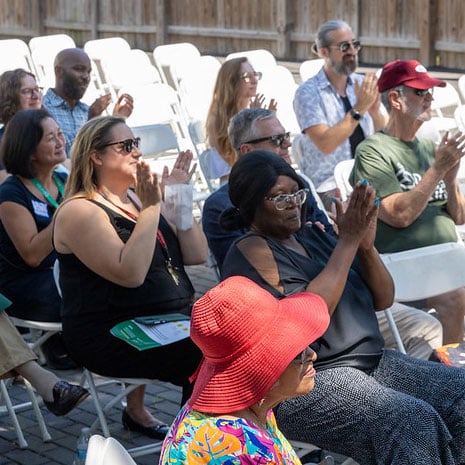
Your Impact
Look below to see how your unwavering support has greatly impacted residents in the DC community.
2023 Annual Report
Read our latest Annual Report.
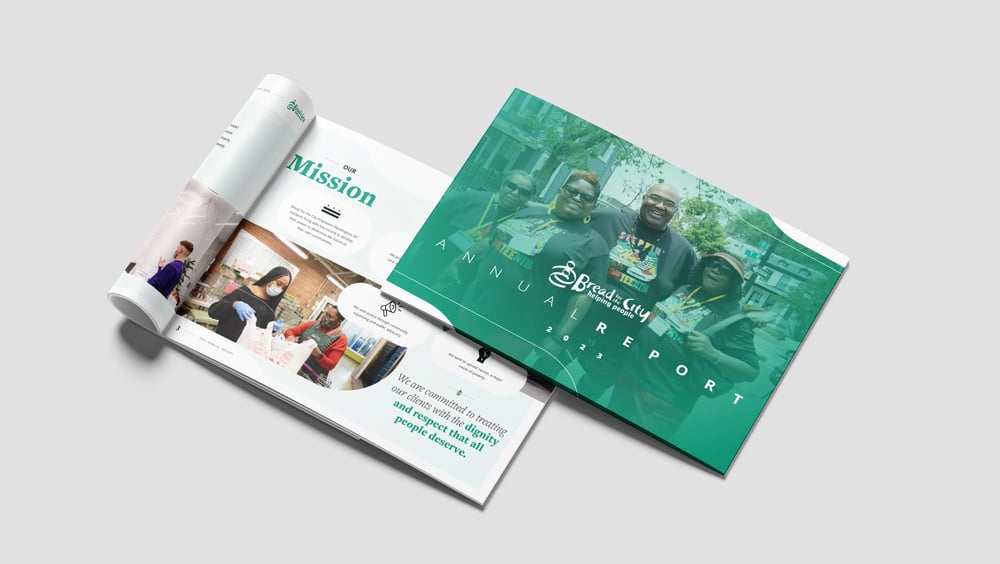
Our Facilities
We operate two centers in Washington, DC, one in Shaw and one in Anacostia.
Both are accessible by metro and bus.

The Michelle Obama Southeast Center of Bread For The City
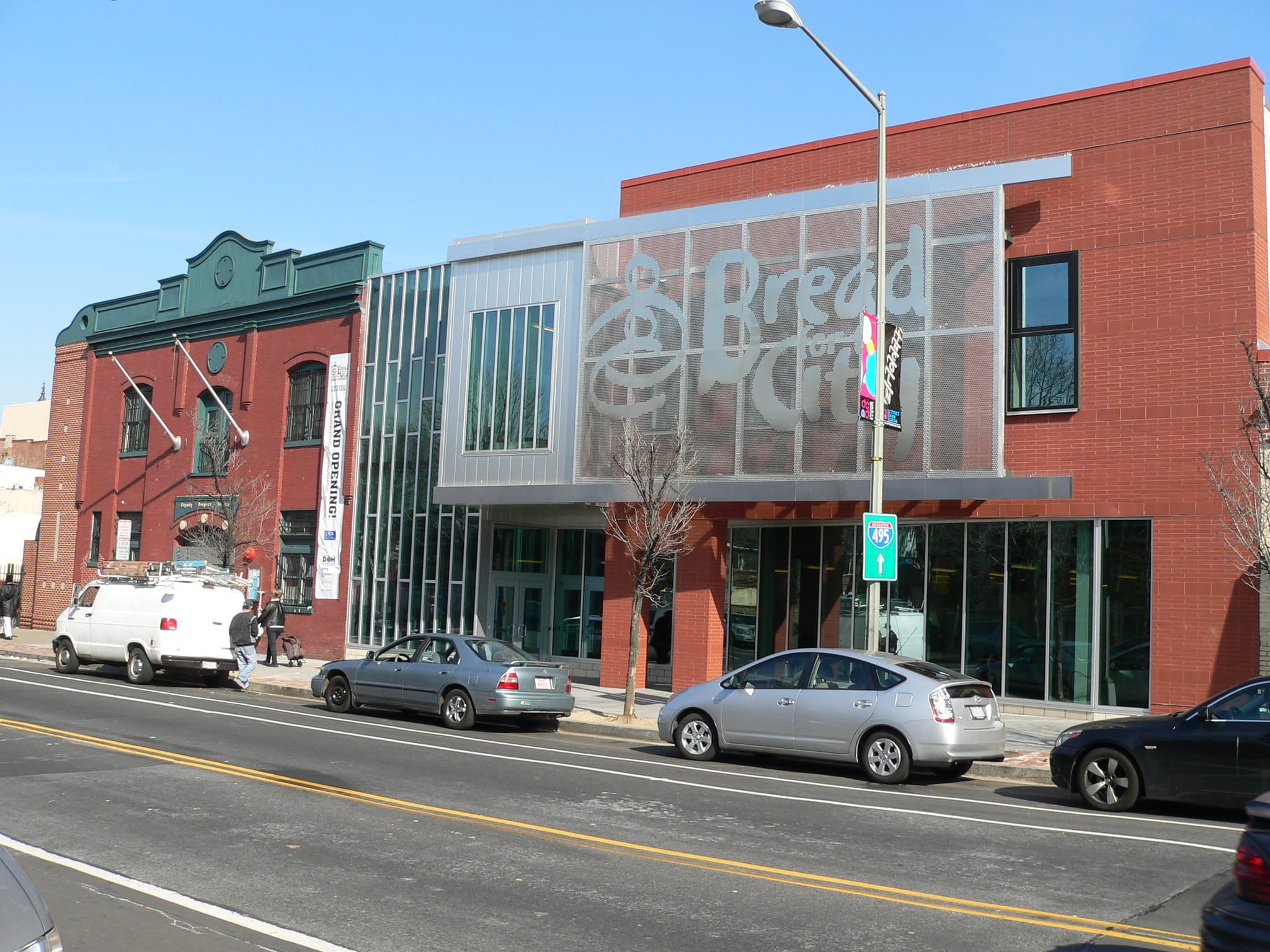
Northwest Center of Bread for the City
Work With Us
We are lucky to have an incredibly passionate and dedicated 120-person staff. We take pride in the fact that many of our staff have worked at Bread for 10, 20, even 30 years! If you are ready to make DC a better place, check out our job offerings below.



